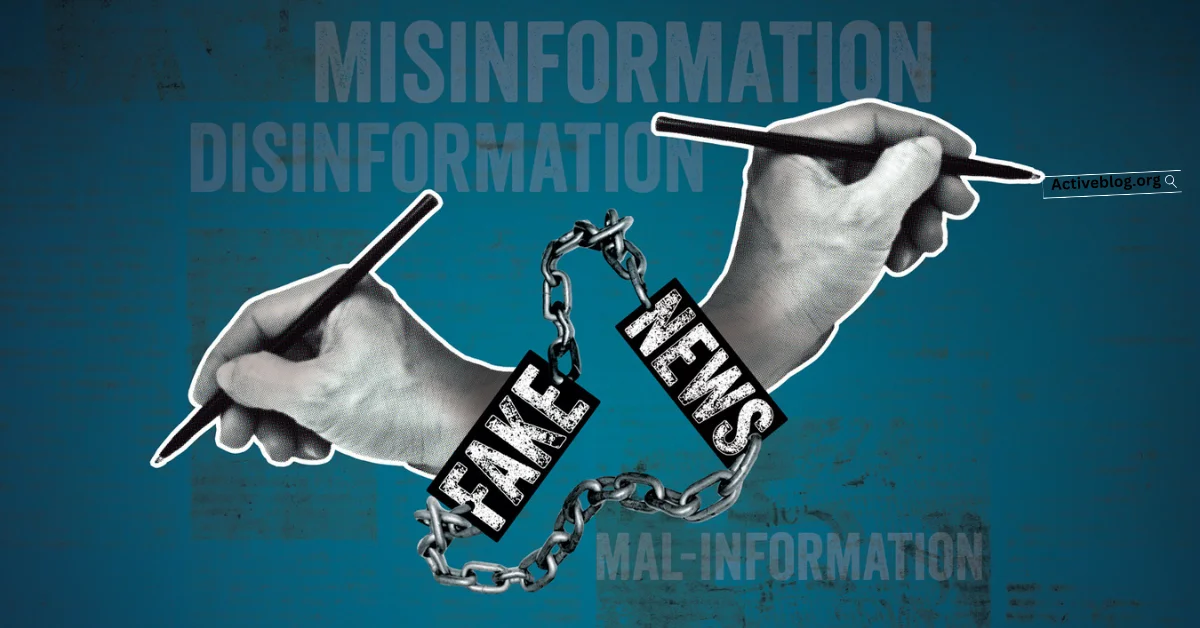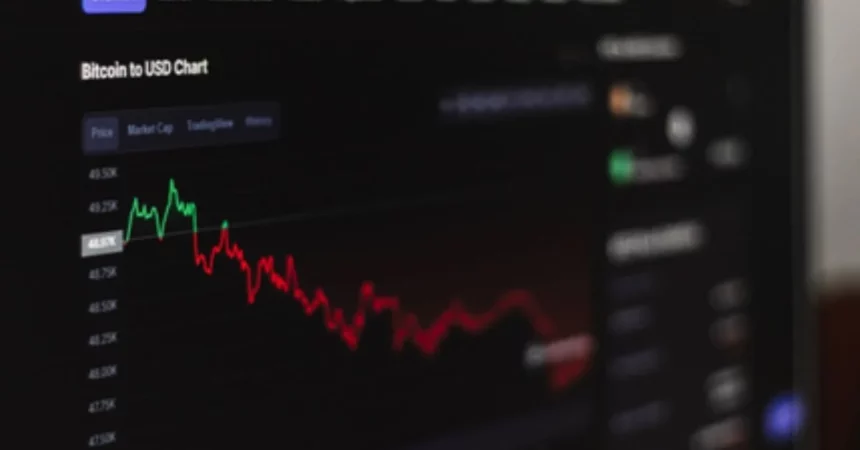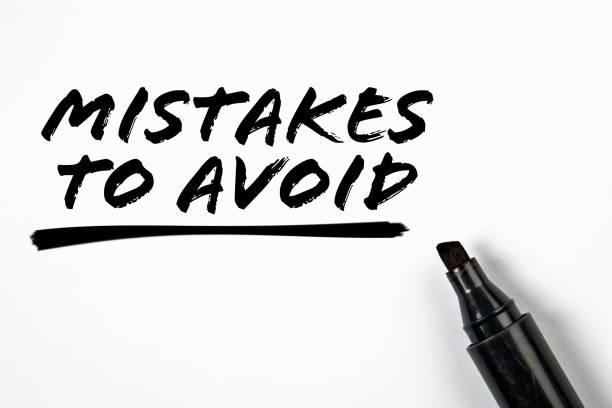Social media just got a lot more complicated. In today’s digital ecosystem, social media platforms have evolved from mere communication tools into formidable centres of news, commerce, and culture. Facebook, Twitter, YouTube and Instagram continue to dominate the scene, given their extensive global reach and comprehensive features. However, newer entrants like TikTok have disrupted the status quo, attracting younger audiences with innovative formats and algorithms. LinkedIn remains the de facto professional network, while Pinterest is emerging as a strong contender in visual discovery and online shopping.
But let’s not overlook the niched platforms: Discord has become a haven for communities based on interests rather than social ties, and Clubhouse made its mark as an audio-first social networking app. Moreover, Substack and Patreon are rewriting the rulebook by directly connecting creators with their audiences through subscription-based models. While established social media platforms provide broad functionalities, these newer contenders address specific needs and preferences, potentially redefining how we engage online.
The Contentious Terrain of Censorship and Shadowbanning
As social media gains more influence, it grapples with ethical quagmires, particularly surrounding censorship and shadowbanning. Critics argue that platforms wield disproportionate power in shaping public discourse. The advent of “technological gaslighting,” or shadowbanning, where users experience reduced visibility without any explicit warning, has been a point of contention. This is a vexing issue for content creators and businesses that rely on social media for their livelihoods. The algorithms governing these platforms are cloaked in opacity, leading to growing calls for accountability and transparency.
The War Against Misinformation and SPAM
Platforms are increasingly caught in the crossfire of the fight against misinformation and SPAM. Facebook’s fact-checking partnerships and Twitter’s flagged tweets are steps in the right direction, but they often attract accusations of bias or inadequacy. Artificial Intelligence and machine learning algorithms are deployed to identify and remove SPAM, but these are not foolproof. Good accounts leading to good websites are still hard to recognise by automated systems. As a result, the credibility of social media platforms has come under intense scrutiny, sparking debates on regulatory oversight.
Kostas Alekoglu, Marketing Director of digital agency Social Media Ltd said: “The current rules for new accounts creates a barrier of entry for new business, especially SME’s that do not have large budgets to advertise with.
The Tightrope Walk with Governments: Staying Online Amid Regulatory Scrutiny
Social media platforms find themselves walking a precarious tightrope when it comes to placating governmental authorities around the globe. On one hand, they are harbingers of free speech; on the other, they must adhere to the regulations and restrictions imposed by different jurisdictions. This delicate balancing act is exemplified by recent developments with TikTok in Indonesia.
The social media behemoth decided to suspend its online shopping service in the country, in compliance with new e-commerce rules set by South East Asia’s largest economy. This move highlights the challenges social media companies face in negotiating various legal landscapes while maintaining a global presence. While some critics argue that these platforms bend too easily to governmental pressures, thereby diluting the essence of free speech, others contend that adhering to local laws is a necessary compromise to keep these platforms accessible to their diverse user bases. Hence, the struggle to remain online amid regulatory scrutiny becomes an intricate dance of ethics, local governance, and global strategy.
Social Media for Business
Navigating the labyrinthine realm of social media for marketing purposes has grown increasingly convoluted due to a plethora of new regulations and conditions imposed by both governments and the platforms themselves. In a landscape where organic reach is often stifled by algorithms and shadowbanning practices, marketing consultants now have to strategize more meticulously to achieve meaningful engagement and ROI. The introduction of GDPR in Europe and similar data protection laws in other jurisdictions has added another layer of complexity, necessitating stringent data management protocols for targeted advertising.
To add to this, platforms are also intensifying their fight against misinformation and spam, leading to stricter content policies. Such developments invariably impact advertising campaigns, necessitating constant vigilance to ensure compliance and effectiveness. The constantly shifting goalposts present a perennial challenge, requiring marketers to be agile and informed, capable of rapidly adapting strategies to resonate with both the algorithms and their human target audiences.
The Redeeming Qualities of Social Media
Despite these complexities, it is essential to acknowledge the transformative positive impact of social media. These platforms have democratized information, providing an unprecedented platform for marginalized voices. They have catalysed social movements, from #BlackLivesMatter to #MeToo, and have been instrumental in emergency responses and disaster relief efforts. Additionally, the rise of social commerce and influencer marketing has reimagined how businesses connect with consumers, with more personalized and interactive experiences.
Social media remains a landscape in flux. It is rife with both challenges and opportunities. As it shapes our public discourse, personal relationships, and even global politics, the call for responsible usage and ethical governance becomes increasingly urgent. Yet, amid the cacophony, the intrinsic benefits of social media, connectivity, community, and the democratization of information, shine through, marking it as one of the most significant cultural shifts of the 21st century.










